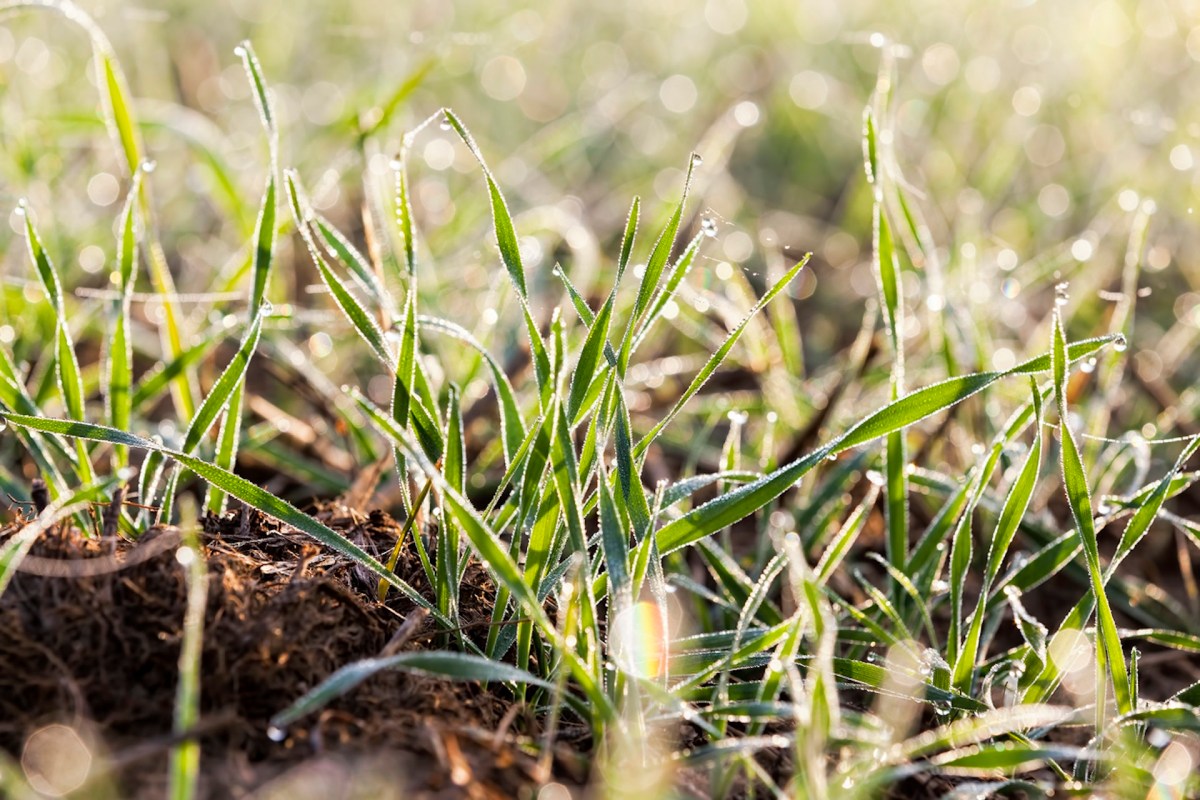According to a new study, plants have a built-in evolutionary "coping mechanism" that allows them to deal with cold temperatures — and scientists are looking into whether this mechanism could be used to grow more crops in increasingly difficult weather conditions.
The study, published in the scientific journal Nature Plants, found that plants' biological clocks can signal their chloroplasts to make photosynthesis proteins very quickly when exposed to cold conditions.
"Crops such as winter wheat … experience cold temperatures for periods of their cultivation," professor Antony Dodd, one of the people behind the study, told Phys.org. "We think that the mechanism that we have discovered could provide greater resilience of photosynthesis to cold temperatures. It represents an interesting target for future precision breeding of climate resilient crops."
Now, the scientists are trying to figure out whether those behaviors can be bred into other plants, which could result in more resilient crops being grown at higher latitudes and in colder temperatures than would previously have been viable.
Plants that are less tolerant to cold conditions include corn and maize.
This type of research is becoming increasingly important as the effects of human-caused pollution have led to changing and unpredictable weather patterns. Plants that have thrived in certain ecosystems are increasingly under threat as temperatures fluctuate wildly. That means that engineering crops to be more resilient could become "crucial to … maintain our food security," Dodd said.
"Climate change … is putting an extra pressure on our food supply, in terms of plant health," Tim Widmer, a national program leader for plant health in the crop production and protection program at the USDA Agricultural Research Service, told Axios.
Widmer, however, was optimistic about the research into the cold-temperature coping mechanism, telling Axios, "It could lead to more food security by opening up geographical regions that have normally been considered too cold for a particular crop."
Join our free newsletter for weekly updates on the coolest innovations improving our lives and saving our planet.









